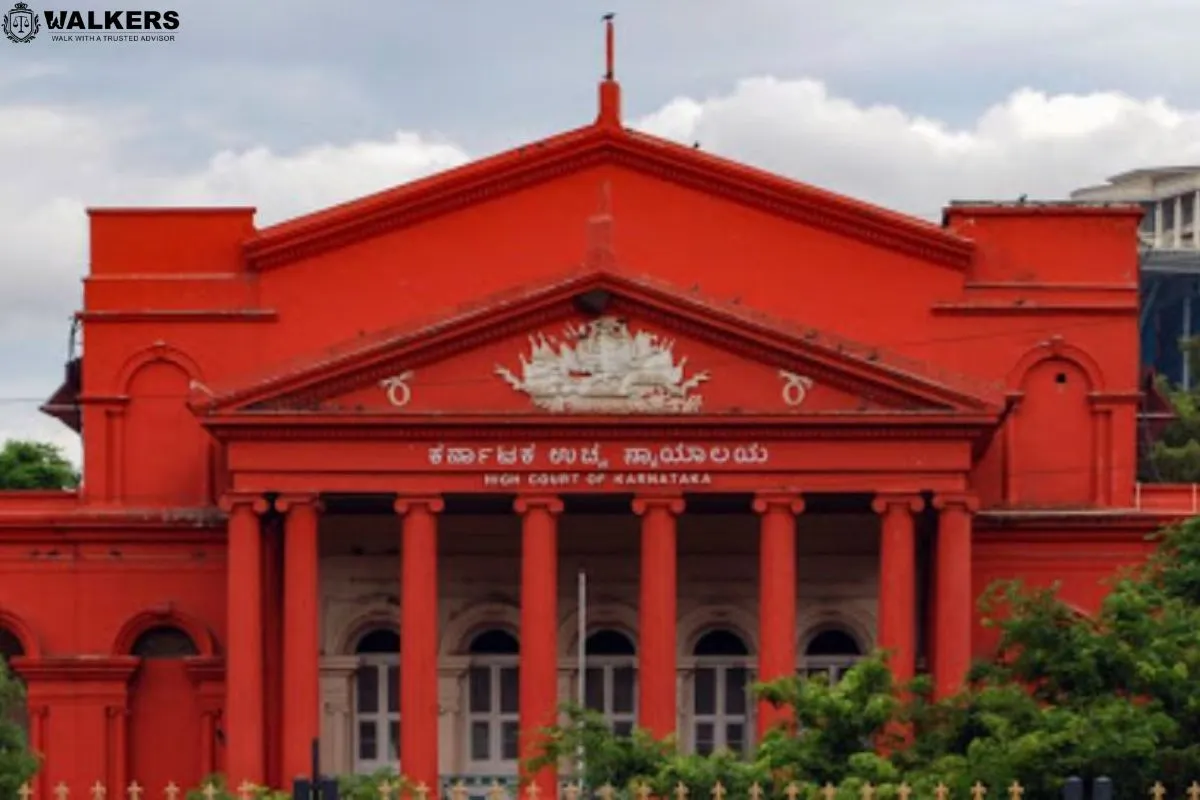


**Karnataka High Court Grants Parole for Father to Attend Daughter's Nikah Ceremony**
In a compassionate and humanitarian decision, the Karnataka High Court recently granted a seven-day parole to a man, identified in the case as Abdul Rehman, allowing him to attend his daughter's Nikah ceremony scheduled for September 3, 2023. The case, Abdul Rehman vs State of Karnataka and Anr., was presided over by Justice Krishna S Dixit.
The High Court's ruling underscored the principle that imprisonment does not strip individuals of their fundamental rights to liberty and dignity. Justice Dixit emphasized that even when incarcerated, a person should not be disconnected from society entirely.
The Court emphasized the importance of maintaining a connection with civil society, even for those serving sentences, to prevent their societal ties from withering away during their time behind bars. Justice Dixit expressed concerns about the challenges individuals might face when reintegrating into society after completing their sentences if they become estranged from it.
The petitioner, in this case, sought parole specifically for his daughter's wedding, citing the significance of a father's presence in the Nikah ceremony, drawing upon references from 'Outlines of Muhammadan Law' by Fyzee.
The Karnataka High Court noted that it had previously taken a similar stance in the case of Suma vs State of Karnataka. It emphasized that parole provisions are grounded in humanitarian principles, designed to address the needs of those imprisoned for extended periods. Parole aims to offer convicts an opportunity to address personal and family matters and to maintain ties with civil society. Health-related considerations were also acknowledged by the Court.
The Court further recognized that Muslim marriages often involve rituals that require parental participation. Moreover, in cases where a young daughter is getting married, her father's presence is considered desirable, aligning with the humanitarian principles enshrined in Article 21 of the Constitution of India.
In light of these considerations, the Karnataka High Court granted the petitioner's plea and ordered his release on parole for seven days, allowing him to be present at his daughter's Nikah ceremony.
Advocate Sirajuddin Ahmed represented the petitioner in this case, while Additional Government Advocate Navyashekhar represented the State.
This decision serves as a reminder of the judiciary's commitment to balancing the interests of justice with the preservation of individual dignity and familial bonds.
TAGS: The Karnataka High Court in the case of Abdul Rehman vs State of Karnataka and Anr. granted seven-day parole to a man emphasizing that imprisonment doesn't strip individuals of their liberty and dignity stressing the importance of a convict's connection with civil society. The parole was granted to allow the father's participation in his daughter's Nikah ceremony citing humanitarian considerations the significance of a father's presence in Muslim marriages and Article 21 of the Constitution of India. The court also noted the humanistic grounds for parole including addressing personal and family matters and potential health concerns ultimately allowing the petitioner's plea for parole represented by advocate Sirajuddin Ahmed and ordering his release.